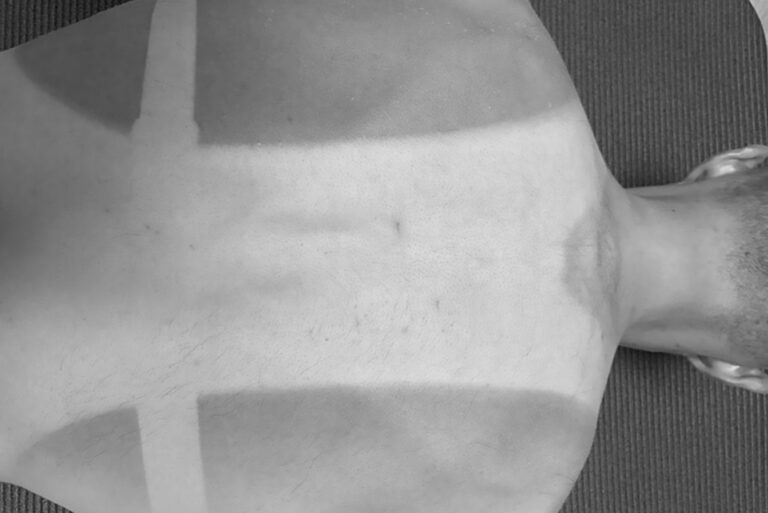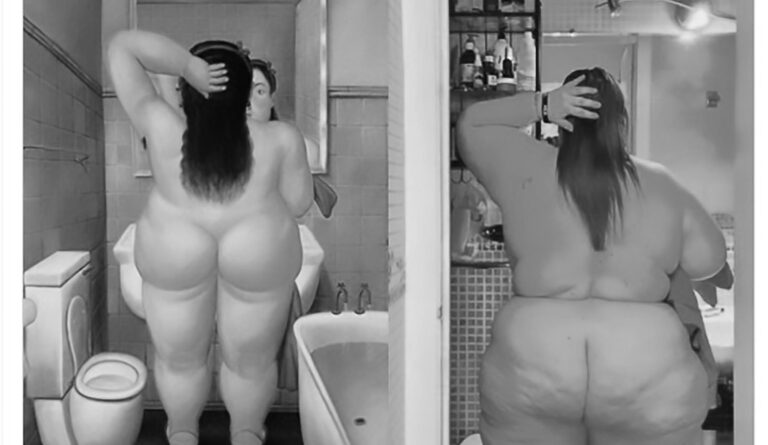Germany’s largest far-right party is unable to fill the seats it won in the last elections as members believe that being associated with the group publicly could cost them their job.
The warning was given by the Saxony state board of the far-right Alternatives for Germany (AfD), an anti-EU and anti-migration party.
Saxony, a federal state in Eastern Germany considered a bastion of far-right politics, organised district and municipal elections last Sunday 26th May, the same date as the elections for European Parliament – with the AfD making large gains in many of the state’s towns.

However, the party board warned that they will not be able to fill 20 percent of the seats they won throughout the state because they do not have candidates to occupy the seats.
In the town of Heidenau, the AfD became the biggest party winning 29.5 of the vote, which would entitle them to claim seven seats in the municipal council.
But as only five AfD politicians were put on the electoral ballot, it means that two seats will remain unoccupied.
AfD Saxony board member Ivo Teichmann said: “Normally we would have had the majority, but now the CDU [Christian-Democratic Union] is in front of us. As a local politician from the affected district, this annoys me of course.”
Other municipalities in which the far-right party earned more seats than they have candidates are Dohna (three seats and one candidate), Oppach (for seats and two candidates), Mueglitztal (two seats and one candidate) and Bad Gottleuba (three seats and two candidates).
According to the party, the same happened all across the district of Goerlitz and as a result, the seats will remain unoccupied according to German electoral laws.
Chairman of the Saxony AfD Joerg Urban said that many potential candidates face a dilemma when they need to decide whether they want to appear on the ballot or not.
Urban said: “Many potential candidates told us: ‘If I stand for the AfD, it will endanger my social and professional existence.”
Urban gave the example of Uwe Vetterlein who according to him was kicked out of his job as president of Saxony’s handball organisation when he made it clear he would stand as a candidate for the AfD in the municipal elections for the state capital of Dresden.
Teichmann added: “Many people, especially the older ones, say that they do not want to go through that again. And that is not an exclusive AfD problem, but it goes across all parties.”
During the European elections which took place on the same date, the AfD won 11 percent of the German vote – making it the fourth biggest behind the CDU, the Greens and the Social-Democratic Party of Germany (SPD).
To find out more about the author, editor or agency that supplied this story – please click below.
Story By: Koen Berghuis, Sub-Editor: Joseph Golder, Agency: Central European News




